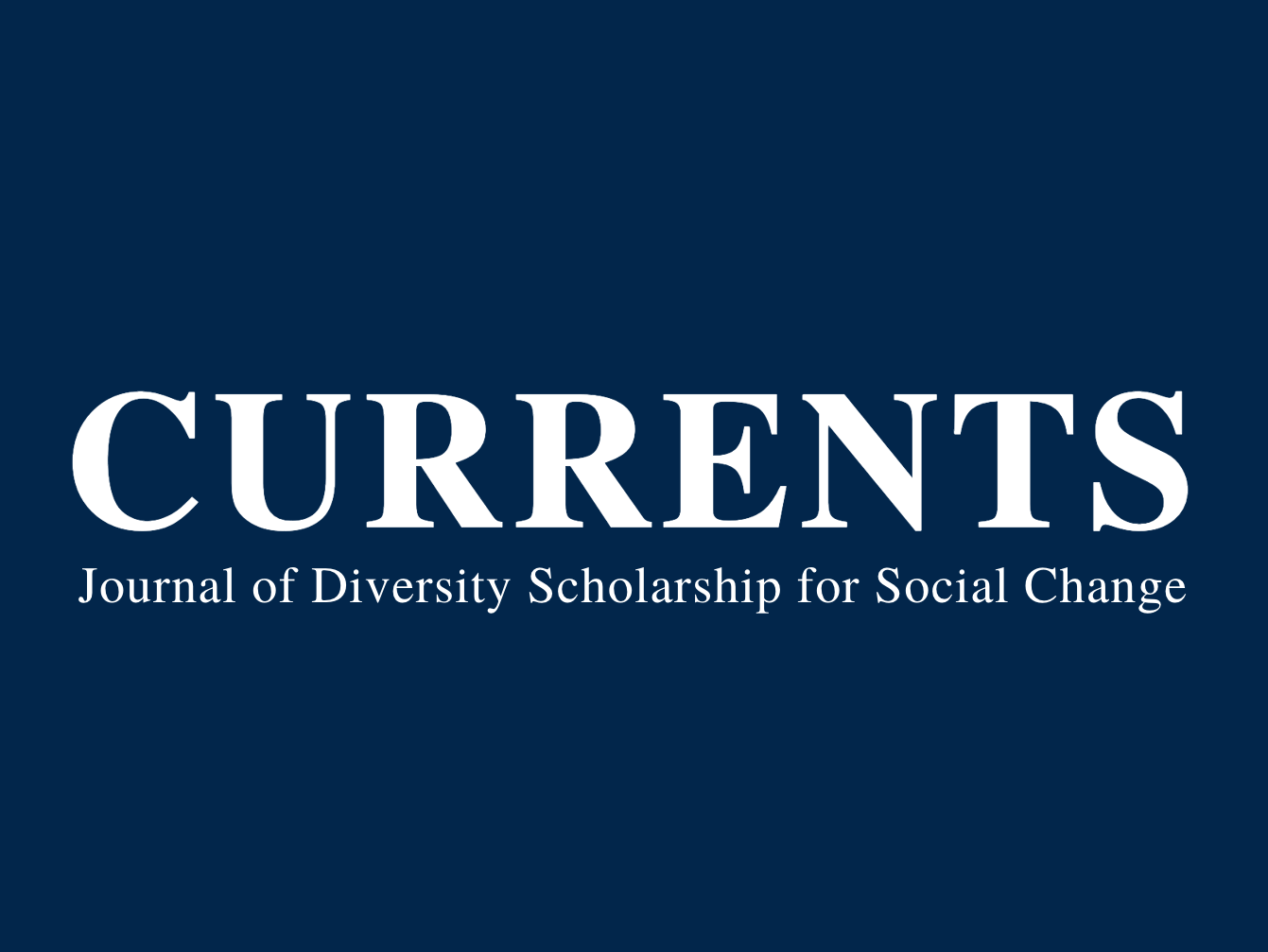
New model aids outcomes for underrepresented students
December 4, 2023Hamida Bhagirathy
December 12, 2023Are Anti-Racism Efforts Having an Impact in Organizations and Communities?
A special issue of Currents: Journal of Diversity Scholarship for Social Change
In this special issue, we invited scholars and practitioners to showcase innovative anti-racist interventions across industries and geographic locations. Events surrounding the COVID pandemic and racial justice movements highlighted the need to address systems of oppression that continue to disadvantage and harm communities of color.
With increased awareness and commitment from organizations and institutions to adopt anti-racist strategies and create a more just and equitable society, questions around the impact and assessment of such efforts are raised.

While scholarship and research have demonstrated the ways racism continues to operate in our society, this special issue highlights how organizations and groups have come to understand systemic racism, how they track and measure the impact of racism, and what innovative interventions hold promise in reducing and eliminating racism across systems. Scholars in this special issue highlight practices and interventions across organization types, including higher education institutions, public health policy centers, and religious organizations. Several authors also center anti-racist practices on grassroots organization and community engagement.
While diversity and anti-racism scholarship is widely acknowledged to be critical for the future of our society, scholars continue to find evidence of academic and publication cultures and structures devaluing their work. We are proud to highlight the scholarship and work of these individuals and move towards anti-racist publishing and academic policies and practices.
Special Issue Editors
Robert Sellers, Charles D. Moody Collegiate Professor of Psychology, and Professor of Education at the University of Michigan
Lynn Wooten, President of Simmons University
Articles in the Special Issue:
Anti-Racism Collaborative: Shifting from Outcome to Process in Implementing and Measuring an Organizational Change Effort by Nayoung Jang (University of Iowa), Sherry K. Watt (University of Iowa), Duhita Mahatmya (University of Iowa), William Coghill-Behrends (University of Iowa), Milad Mohebali (University of Nebraska-Lincoln)
Deploying Social Innovation Models for Anti-Racist Practices: Lessons from Homelessness Research in Los Angeles by Victoria Ciudad-Real (University of Southern California, Sol Price Center for Social Innovation), Gary Painter (University of Southern California), Saba Mwine-Chang (University of Southern California)
Dialogue Circles on Race: Examining the Impact of Intergroup Dialogues about Racism in a Community Setting by Claudia Eva Cohen (The Third Alternative, LLC), Gladys G. Moore (The Third Alternative, LLC)
Ethnic Studies and Diversity, Equity, and Inclusion: A New Approach to the Bamboo Ceiling by Juben Rabbani (California State University, Fullerton)
The Impact of Anti-Racism Efforts in Organizations and Communities by Patricia Wendolyn Coleman-Burns (University of Michigan), Irene A Lietz (Conversations on Race), Lynne Muth (Anti-Racist Collaborators)
Intercultural Competence and Anti-Racism among College Students by Jacquelyn Dee Wiersma-Mosley (University of Arkansas), Caree Banton (University of Arkansas), Toby Klein (University of Arkansas), Shannon Hart (University of Arkansas)
Organizational Self-Study to Build Our Capacity for Antiracist Change by Naitnaphit Limlamai (Colorado State University), Christina M. Ponzio (Melvindale-Northern Allen Park Schools)
Working Towards Anti-Racist Local Health Departments: The ARCC Towards Justice Project by Melissa Creary (School of Public Health), Whitney Peoples (School of Public Health), Lindsey Ruth Thatcher (School of Public Health), Paul J. Fleming (School of Public Health)
